Deniz Parlayan’s Ugandan experience as a MSc intern at Help a Child and AEE
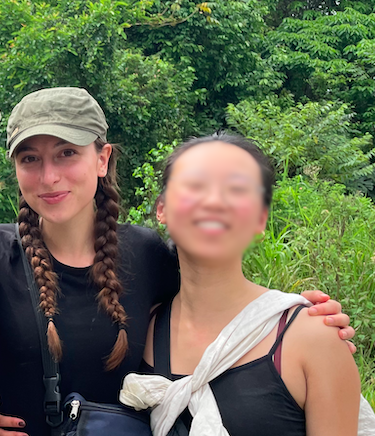
Deniz Parlayan’s Ugandan experience as a MSc intern at Help a Child and AEE
Upon my arrival in Uganda, I was greeted by Mercy and Oscar from African Evangelistic Enterprise (AEE), setting the tone for what felt like a perpetual welcome committee with the repeated phrases of ‘’You are most welcome’’ and ‘’Karibu’’, showcasing the famously warm Ugandan hospitality. They certainly like enthusiastic handshakes in this country by the way! Despite my prior experiences on the African continent, navigating the local customs took some adjustment, especially since interning abroad was a first for me. While I’ve tackled solo travel in various settings, blending into a country’s work environment proved to be a unique experience.
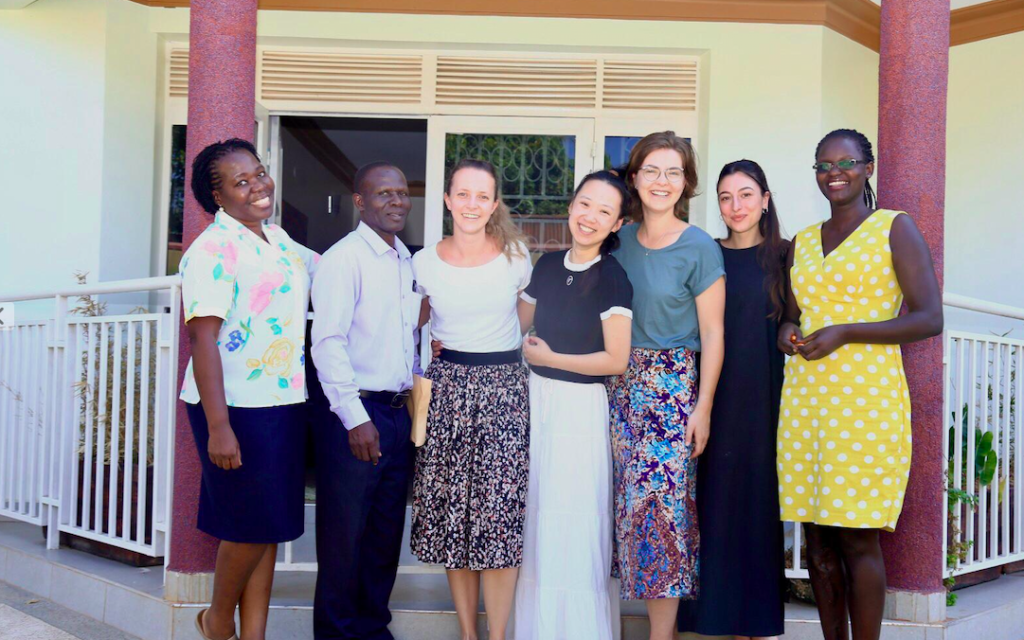
The structures of Ugandan organizations differ from the Netherlands in numerous ways, particularly in terms of hierarchy, communication norms, meeting etiquette, time management and organizational dynamics. My first team meeting in Uganda was very interesting to me, witnessing the people gathered for a prayer and respectfully let each other finish their sentences, expressing gratitude for contributions and the highest person in hierarchy to take the lead in the talking. This contrasted sharply with the direct (and sometimes brusque) communication style and penchant for interruption that characterizes Dutch conversations, with hierarchy not impacting the amount in which people speak. But let’s also not forget about the political system: in the Netherlands, we’re accustomed to kicking off projects with clear plans and deadlines. However, here a completely different approach was necessary! For instance, we had to inform local chairmen (something unfamiliar to us) and meet with numerous people before we were able to kick off the research.
Embracing these cultural differences provided countless enriching moments, not only professionally. From mastering the art of preparing Matooke to observing how locals carry everything on their heads (except from babies, which are wrapped on the back), every aspect of daily life offered a new perspective. The hustle and bustle of the markets, the lively music playing in the streets – I have to admit, it took quite some energy for my mind to process the new surroundings. However, slowly but surely, I got accustomed to the African life.
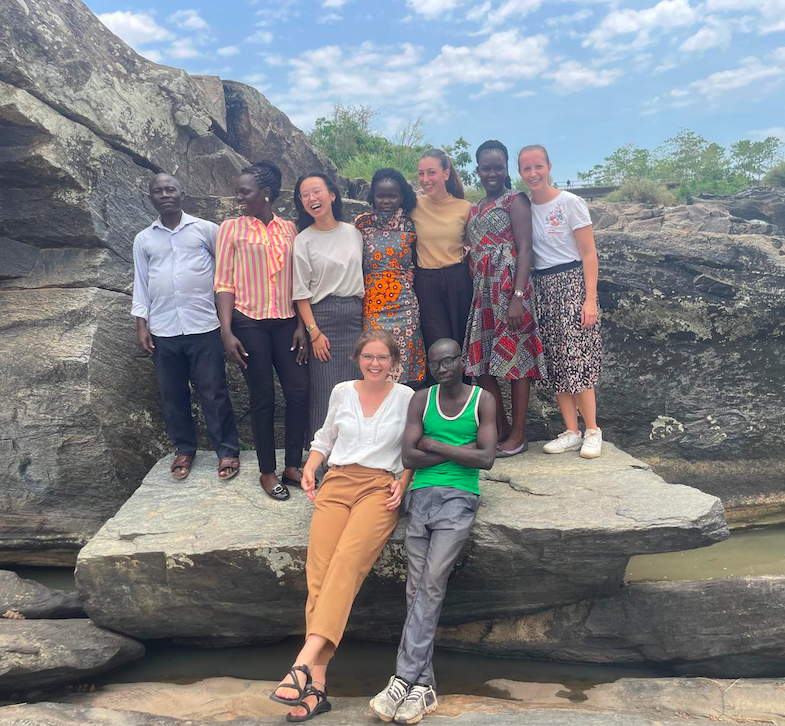
Embarking on independent research into the effectiveness of their parenting programs, alongside my fellow interns, led to over 200 insightful interviews with village parents—an experience I deeply cherish. These conversations provided invaluable insights into their daily lives, though some tales proved emotionally challenging to process. Immersing myself in village life visiting there for over two weeks allowed me to forge more meaningful connections and gain a deeper understanding of the local community. Additionally, living in Arua city afforded me the chance to explore the vibrant contrast between urban and village lifestyles, offering a well-rounded view of Ugandan life. And let’s not forget our unforgettable excursion to Murchison Falls—though marred by a close encounter with hippos, it added an exhilarating twist to our adventure. Overall, my three-month journey in Uganda was a rich experience, unveiling various facets of Ugandan culture and nature.
As a researcher, getting familiar with the local context has been crucial (although any type of visit requires this in my opinion, whether as a student, professional, or even a tourist). It’s a common scenario: organizations diving into international issues with well-intentioned interventions that don’t fit the local culture, missing the mark in the process. That’s why my internship with Help a Child and their Ugandan partner organization, AEE, was such a revelation. Witnessing their collaborative approach shed light on how a non-Ugandan entity and a local partner come together, ensuring their efforts are not only effective but also culturally sensitive. Seeing them align their strategies to the local context in every detail was truly inspiring—a testament to the power of adapting and collaborating for meaningful change.
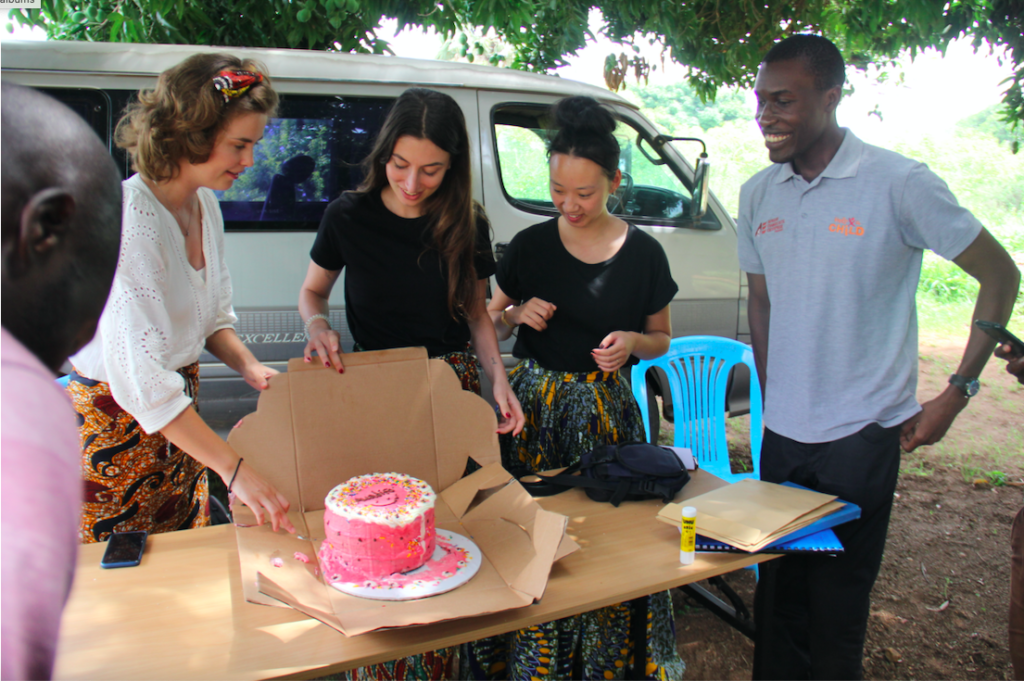
Witnessing the work of Help a Child and AEE firsthand, I developed such an urge to keep developing professionally in the humanitarian sector as I am inspired by all the work they have been and will be doing. Seeing the laughter and commitment of parents attending trainings and the natural charisma of the community facilitators, able to touch these people, was intriguing. It’s such an important job to do and the facilitators are doing it with passion. I will miss the AEE team I have worked with and want to thank them for allowing me to have such an inspiring stay in their beautiful country of Uganda!
Awadifo!
News & Stories
I need my MUM
What I truly desire is to go back home to Mbale
Cigana Samurai – 17 years old, from Hoima, Bunyoro
All Categories
- Busoga Program (8)
- Evangelism (18)
- General (16)
- Mission (4)
- Missions (11)
- Newsroom (2)
- Prayer Devotionals (2)
- Publications (3)
- Recent News (2)
- Stories (19)
- West Nile Program (13)
- Youth empowerment (1)

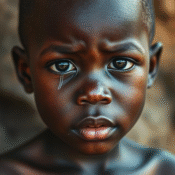
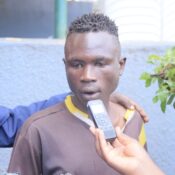
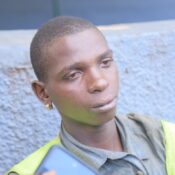

Add your first comment to this post